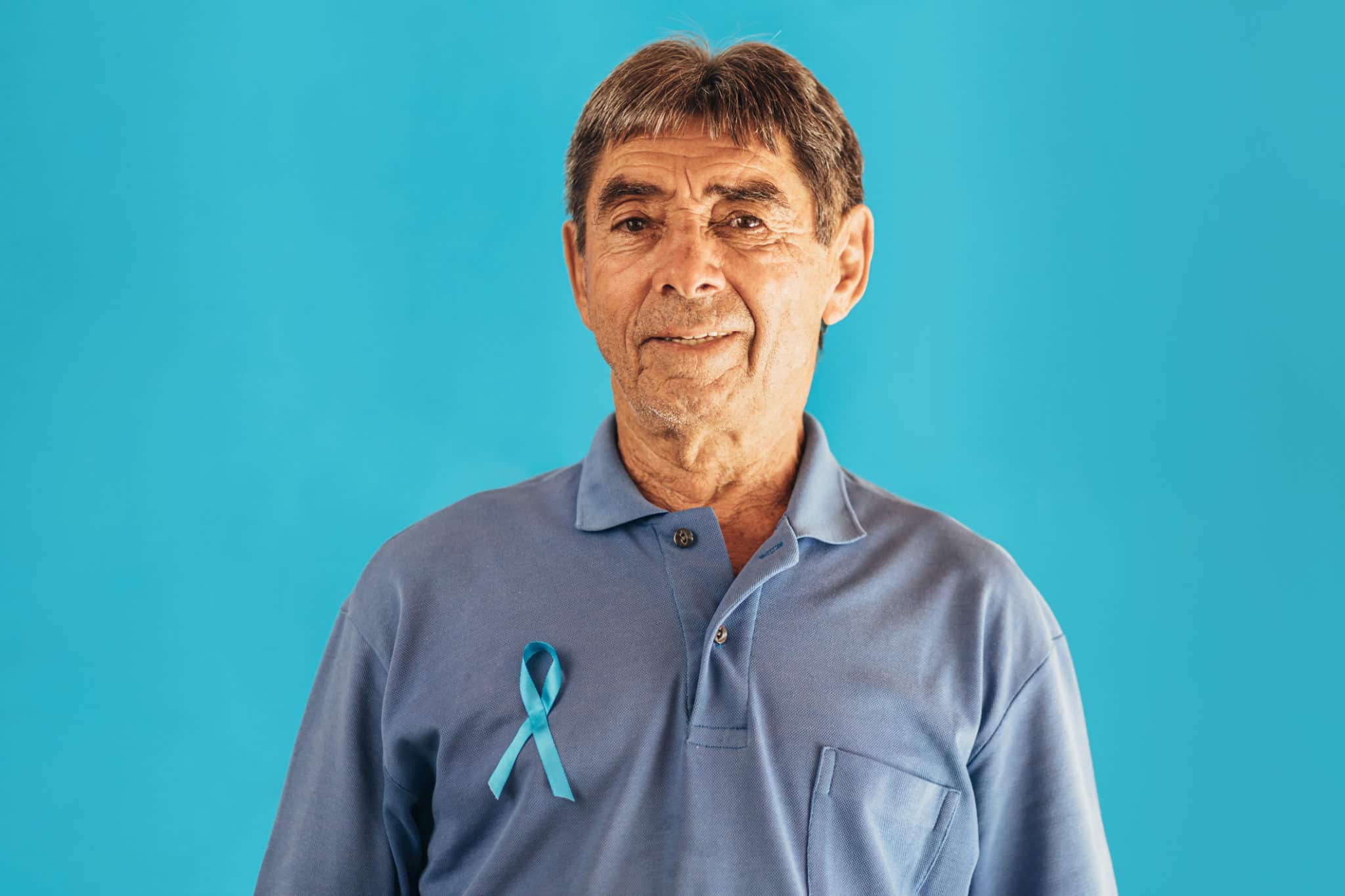Prostate Cancer: Symptoms, Screening, and Treatment

Did you know that prostate cancer is one of the most common cancers in the world, despite it being limited to men? Research shows that over 70% of men over the age of 80 have some percentage of cancer cells in their prostate.
This may seem like a scary statistic, but early detection is key to a more positive outcome and lifestyle. Here’s some insight into this important senior health condition and how it’s treated, from our team of medical professionals in Cape May County.
What is prostate cancer?
This type of cancer affects the prostate glands – a small walnut-shaped gland situated just below the bladder and in front of the rectum. It starts with cancerous cells developing in the prostate glands, that can then spread to nearby organs like the bladder or rectum. In advanced cases, the cancer spreads to the lymph nodes and bones.
It’s possible to develop benign growths on the prostate gland, but this is rarely a health issue. The benign growths can easily be removed if the doctor believes they’re causing unnecessary bladder pressure or other minor issues.
What are the early symptoms?
Men who are older than 55, have a family history of prostate cancer, who smoke, drink alcohol, or have a generally unhealthy diet should be especially aware of the following symptoms:
- Difficulty urinating
- Poor flow while urinating
- Blood in semen
- Bone pain
- Erectile dysfunction
- And discomfort around the pelvic area
If you experience one or more of these symptoms, it’s important to speak to your doctor as soon as possible.
Screening and prevention
There are three main types of screening for prostate cancer that all men over the age of 55 should participate in once a year.
- PSA blood test – This test measures the amount of prostate-specific antigen (PSA) in the blood. A low amount of PSA means the prostate is healthy, while a high amount can indicate cancer. This test can’t give your doctor information on what type of cancer cells are in the prostate, just that cancer may be present. If you have high PSA levels, your doctor will recommend a more advanced test to retrieve more details.
- DRE – During a digital rectal exam (DRE) the doctor will feel the prostate to detect any abnormal shape or growths. It is usually combined with a PSA test to determine if cancer may be present.
- Biopsy – If your PSA test is high and your DRE test is abnormal, then your doctor will recommend a biopsy. This is a minimally invasive procedure in which tiny tissue samples will be taken from the prostate for examination. A biopsy in combination with a PSA and DRE will ultimately determine if cancer is present.
Prostate cancer treatment is very effective
No health condition with the word “cancer” in it, is one to be taken lightly. However, early detection can lead to a more positive outcome. In fact, low-risk prostate cancer cases may require no immediate treatment, just monitoring to ensure everything is under control. This is called active surveillance, and usually consists of regular rectal exams and biopsies.
In cases when the cancer is considered to be at high risk for spreading, the following treatments can be administered:
- Robotic surgery can be performed to remove the prostate gland and possibly some surrounding tissue and lymph nodes. This minimally-invasive procedure can sometimes result in urinary incontinence and/or erectile dysfunction.
- Radiation therapy involves high-powered x-ray or proton beams to destroy the cancer cells. Surgeons can also place radioactive seeds around the prostate to provide internal radiation therapy.
- Chemotherapy utilizes strong drugs to destroy the cancer cells, and is usually recommended when cancer has spread to other organs and systems.
- Hormone therapy involves treatment to stop testosterone production, preventing the hormone from speeding up cancer growth. It is usually used in more advanced cases or to shrink a tumor before radiation therapy.
- Cryosurgery is the process of destroying the cancer cells by injecting a freezing gas into the tissue, followed by a heating gas injection to warm the cells back up. This freeze/thaw cycle destroys the infected cells.
Short-term rehabilitation in Cape May County, NJ
If you or a loved one has been diagnosed with prostate cancer, our team of medical professionals at UMC at The Shores can provide you with more than a helping hand. By administering rehabilitative treatment along with other necessary living services on-site, we relieve any external stresses. This allows every resident to focus on what matters most – healing.
To learn more about the short-term rehabilitative services at The Shores in Cape May County, please call a care coordinator or visit our website to schedule a tour today: https://umcommunities.org/theshores/contact/




